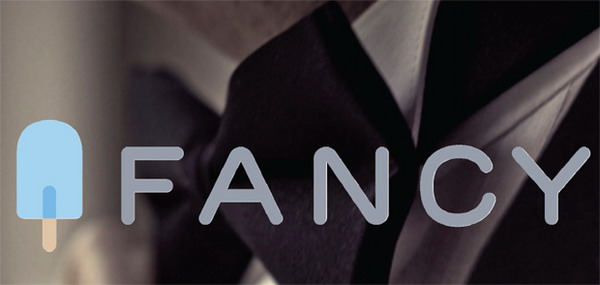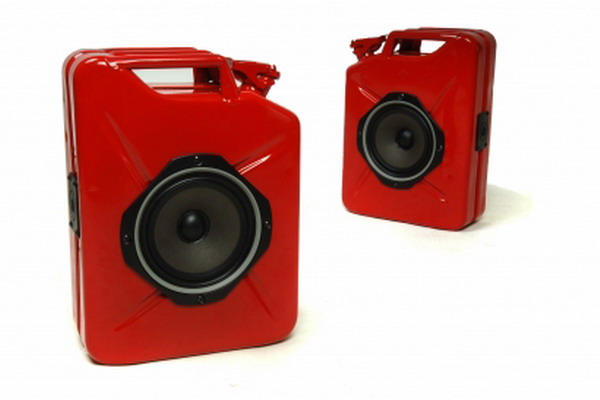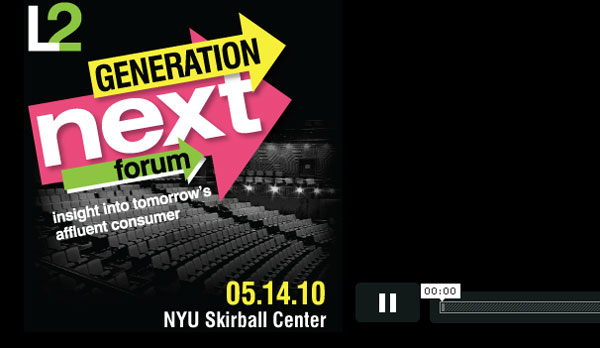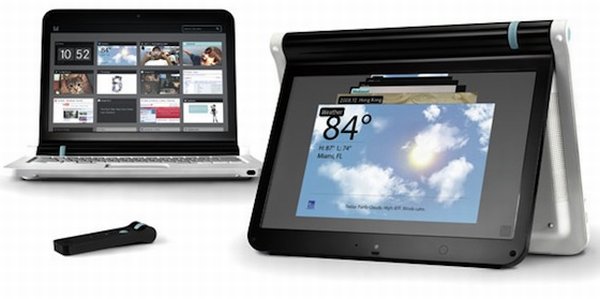Crowdsourcing is not a new buzzword in the realm of online shopping, but websites like Fancy are making the most of it. And doing it well, too. The New York-based Internet startup is a lot like Pinterest, but significantly different too. While Pinterest allows users to like anything that piques their interest, Fancy limits its users’ “fancyings” to only luxury products. The numbers of users on Fancy is 250,000, much less than Pinterest’s count of over 10 million; but given Fancy’s niche appeal, that is expected. The luxury crowdsourcing website has the support of French luxury group PPR, which owns brands like Gucci and Bottega Veneta. PPR recently helped Fancy get a $100 million valuation. Moreover, the board members of Fancy includes some of the most influential people from the online and luxury industry. Jack Dorsey of Twitter and Four Square is here. So is Obama’s Internet guy and one of the first Facebookers Chris Hughes. Musician Kanye West also graces the board.
The concept behind Fancy is that users will not go shopping to Google or Amazon. They will head to Fancy, where they can get access to a range of products. More importantly, the crowdsourcing element ensures that users can choose products based on reviews of fellow users. This helps potential shoppers cut through the junk and focus on things that people who share their interests like. Shopping is possible on the site itself. So you need not go to the specific brand’s website either. It is all possible within the online boundaries of Fancy.
Founder Joseph Einhorn describes this as a “demand-driven commerce model”. The Internet startup allows brands and retailers to zero in on consumers’ preferences and sell them what they like. This ranges from travel deals to luxury fashion to tech products and so much more. Moreover, you do not have to be a full-fledged luxury brand to sell products here. In the near future, Fancy plans to allow users to quickly sign up for merchant accounts and sell products to other users. It is all about self-service. So sellers can target specific customers on specific pages to sell their products.
These are early days yet, but Fancy already has 400 brand partnerships in place and 150,000 sold deals under its belts. The Internet startup is also looking at a variety of business models for revenue generation rather than a fixed system. As of now, it appears to be open to Groupon-like deals, cost per action, or even taking a sales cut.
Interestingly, Fancy started out as an online product database named Thingd until Jack Dorsey and Chris Hughes suggested allowing regular users to populate the site. They also suggested a name change. Thus, Fancy was born.
Founder Einhorn appreciates the immense reach of Pinterest, but despite Fancy’s being a similar website, he does not see it as competition. After all, Fancy will be focused completely on commerce while highlighting only those products and services that are suitably high-end. Think of this as a Pinterest-like shopping website for luxury buyers.
Via: Fast Company





